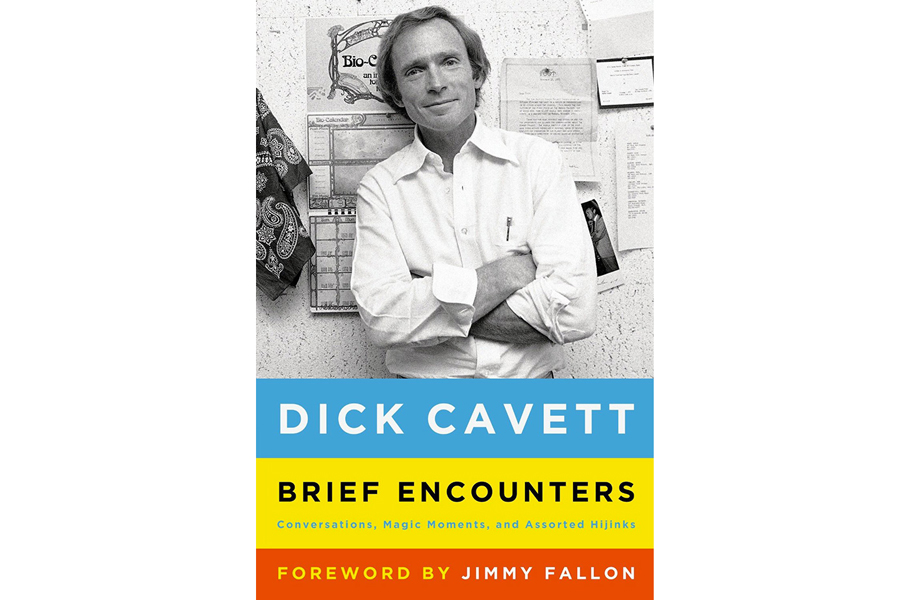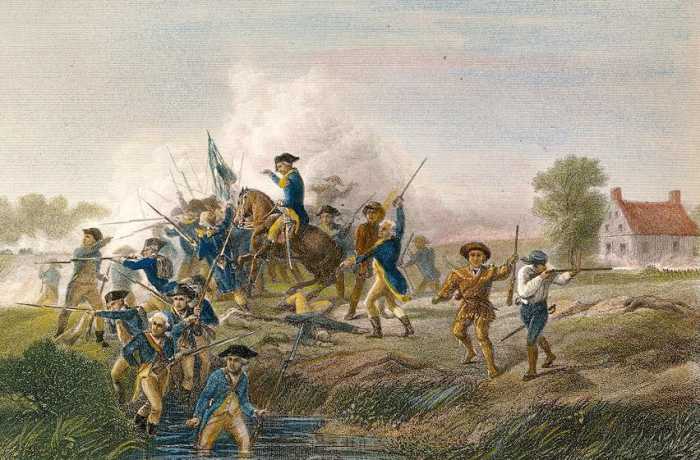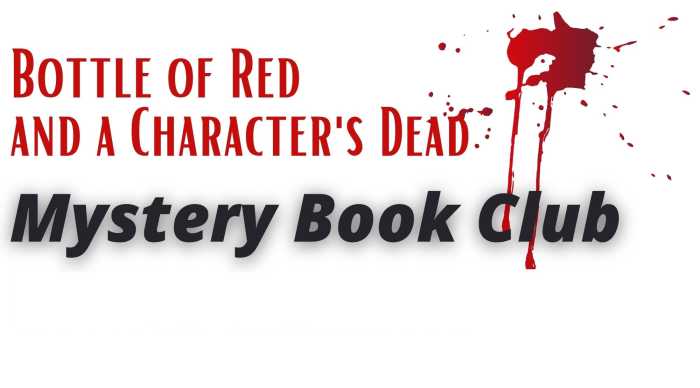By the Book: Dick Cavett 'Brief Encounters'

In calling his new collection of 57 short pieces Brief Encounters (Henry Holt & Co.), Montauk’s Richard Alva “Dick” Cavett (Johnny Carson liked to call him “Richard”), the former television writer and talk show host, alludes to Brief Encounter, the famous 1945 film of lost love. Perhaps Cavett wanted to appeal to an audience that remembers the film, an audience that would probably also remember watching his literate, witty, no-nonsense, often provocative programs. But such is the grace and conversational style of these op ed pieces that appeared first on NYTimes.com that younger readers as well will likely be engaged and learn something.
How many know that the innovative Arthur Godfrey was “an ardent and effective ecologist?” Or recall the genius of George S. Kaufman?
Of course, Cavett can’t resist gently prodding his readers to recognize his literary references and allusions. Know who wrote Peregrine Pickle? He won’t say but he hopes readers will be moved to find out (FYI: it’s a picaresque novel by Tobias Smollett published in 1751).
Unfortunately, Cavett tends to apologize for making such references by way of adding nervous-making, self-denigrating parentheses, as in “As Artie Schopenhauer (so I’m a name-dropper) had it… Could Soupy Sales have put it better?” Cavett need not apologize, however, or continually flatter his readers. It should also be said that a brief foreward by Sagaponack’s Jimmy Fallon, full of fawning, rambling though well-intentioned—appreciation of the “great” Dick Cavett, is not the strongest recommendation. Much better tribute appears inside.
Cavett’s a Yalie and understandably proud of his education. But he seems at times too eager to please, and thus he balances his recollections of success with memories of earlier, awkward days in high school in his native Nebraska—youthful escapades with buddies, and his delight in magic. These pieces, personal and wistful, are probably not what will attract readers looking for insights into the rich and famous, but they are part of Cavett’s New York Times work online, and they often prompt related columns about the old days.
Some admissions will surprise, given Cavett’s liberal leanings, such as his love of Lugers, though he is hardly a fan of the NRA. Most of the attention the book is generating, however, has to do not with his personal past but with his professional life and the diverse celebrities he met and interviewed over the decades he was a major TV writer and TV host.
Many of the anecdotes are delightful, if not eye-opening, glimpses into the entertainment culture of the last half of the last century, and a fleshing out of complexities that often lay beneath media-managed postures and poses.
Some of the most revealing pieces have to do with Cavett’s writing for Tonight Show hosts, and his regret at not having had some of the guests on his own shows. These pieces alone are worth the price of admission, as they say, though Cavett would never say that, given his sharp eye and ear for cliché, trite expression and inauthentic presentation. They include loving tributes to Stan Laurel, who always called Oliver Hardy “Babe,” Muhammad Ali, Groucho Marx (“the most supremely gifted comedian of our time” who hoped he would best be remembered for his writing) and Jonathan Winters, an improvisational genius who was disgracefully
misdirected on TV.
Cavett was ahead of his time in championing honest, intelligent, gently satiric talk, but what will endear him to readers is not just his wit and wisdom (which need no f-word triggers) but his compassion. He was never cruel, though he knew how to demolish narcissism. Of stupefying Oscar-night thank yous, he notes that Greer Garson holds the record for the longest speech. “When she got home, two of her children had grown up during it.” The irrepressible Mel Brooks no doubt means well when he promotes Brief Encounters as “The best bathroom reading ever written! Each story takes just the right amount of time,” but the most moving and memorable parts should be read in a living room, with
mellow light.









